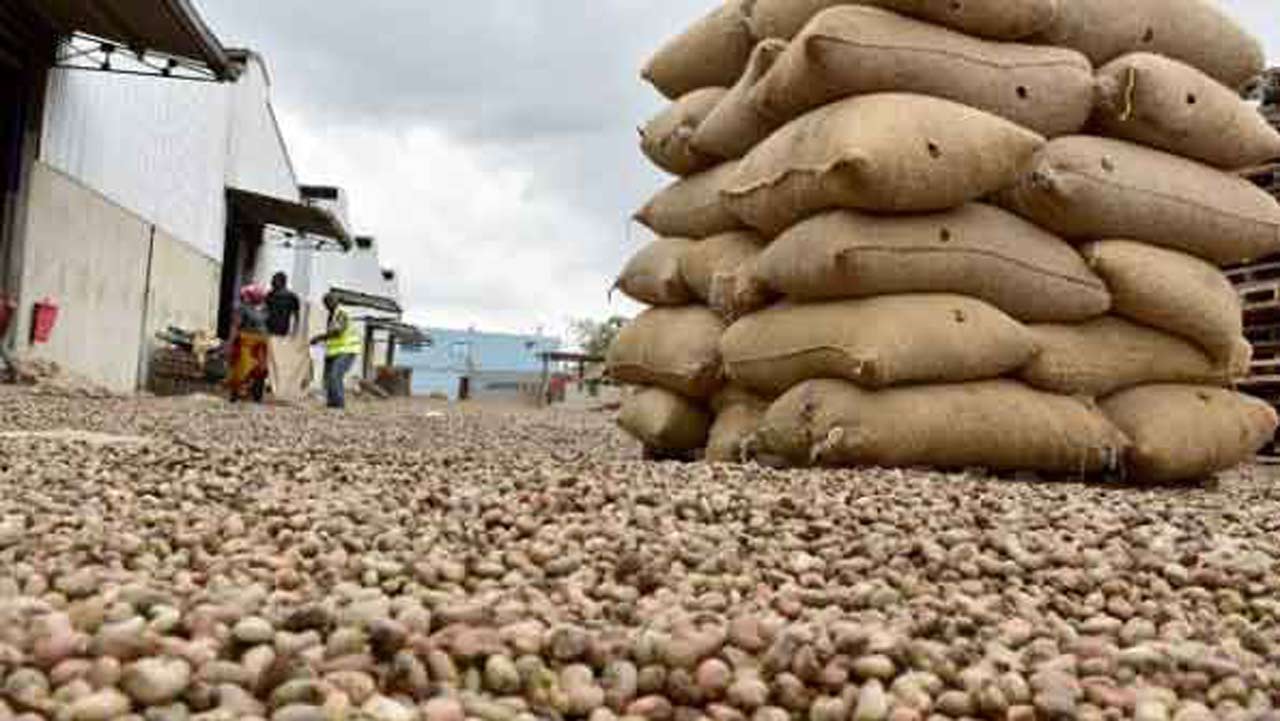The Director-General of the Manufacturers Association of Nigeria (MAN), Segun Ajayi-Kadir, said the country must prioritise an industrial-led growth model to increase the country’s chances of achieving a $1 trillion economy by 2030, as envisaged by the Federal Government.
Reacting to the government’s aspiration to achieve a $1 trillion economy in five years, Ajayi-Kadir said while it was good to be ambitious, it was a technically attainable goal over the long term. He noted that achieving the target was not a matter of arithmetic growth or wishful thinking.
“It demands a strategic transformation of the economy’s foundational structure, particularly the industrial sector,” he said. With the newly-rebased nominal GDP at $245 billion, the DG said reaching the $1 trillion threshold by 2030 would require constant nominal growth of 12–14 per cent yearly, assuming currency stability or real GDP growth of 6–7 per cent per year, a figure that is nearly twice the 3.38 per cent growth recorded last year. He noted that the road to the milestone was fraught with structural bottlenecks that must be urgently addressed.
Ajayi-Kadir said a growth path that merely expands the size of low-productivity sectors, such as informal trade and consumption-driven services, would only deepen inequality, reinforce economic vulnerability and perpetuate jobless growth.
“To make a credible path to a $1 trillion economy not by wishing it to happen, requires a deliberate and strategic revival of industrial output, with particular focus on high-value-added and exportable manufactured goods supported by unmitigated government patronage.”
A reliable and affordable energy supply must be central to this effort. Without stable and cost-effective electricity, the manufacturing sector cannot thrive and contribute meaningfully to the GDP.”
The MAN DG said it is equally critical to upgrade core infrastructure such as transport networks, logistics systems and broadband connectivity to support efficient production and regional trade integration.
“A coherent, investor-friendly policy environment across fiscal, trade and monetary domains is also essential to attract and retain long-term capital,” he noted. He also urged the government to boost productivity across strategic subsectors such as agro-processing, textiles, pharmaceuticals and light engineering, where industrial linkages and employment potential are strongest.
“Strengthening the naira, curtailing inflation and ensuring inclusive, sustained growth must be central to any credible path toward this milestone,” he said.
Ajayi-Kadir reiterated that any growth without real sector expansion was purely cosmetic.
“Any substantial depreciation of the naira against the dollar would undermine any progress, as the target is dollar-denominated. This is why MAN consistently advocates policies that drive real productivity, particularly through enhanced local manufacturing and high-value export performance. The Industrial Revolution Working Group has a lot of work to do in this direction,” he said.






